I stand athwart slobs, yelling 'stop'
How COVID accelerated our shift toward informality

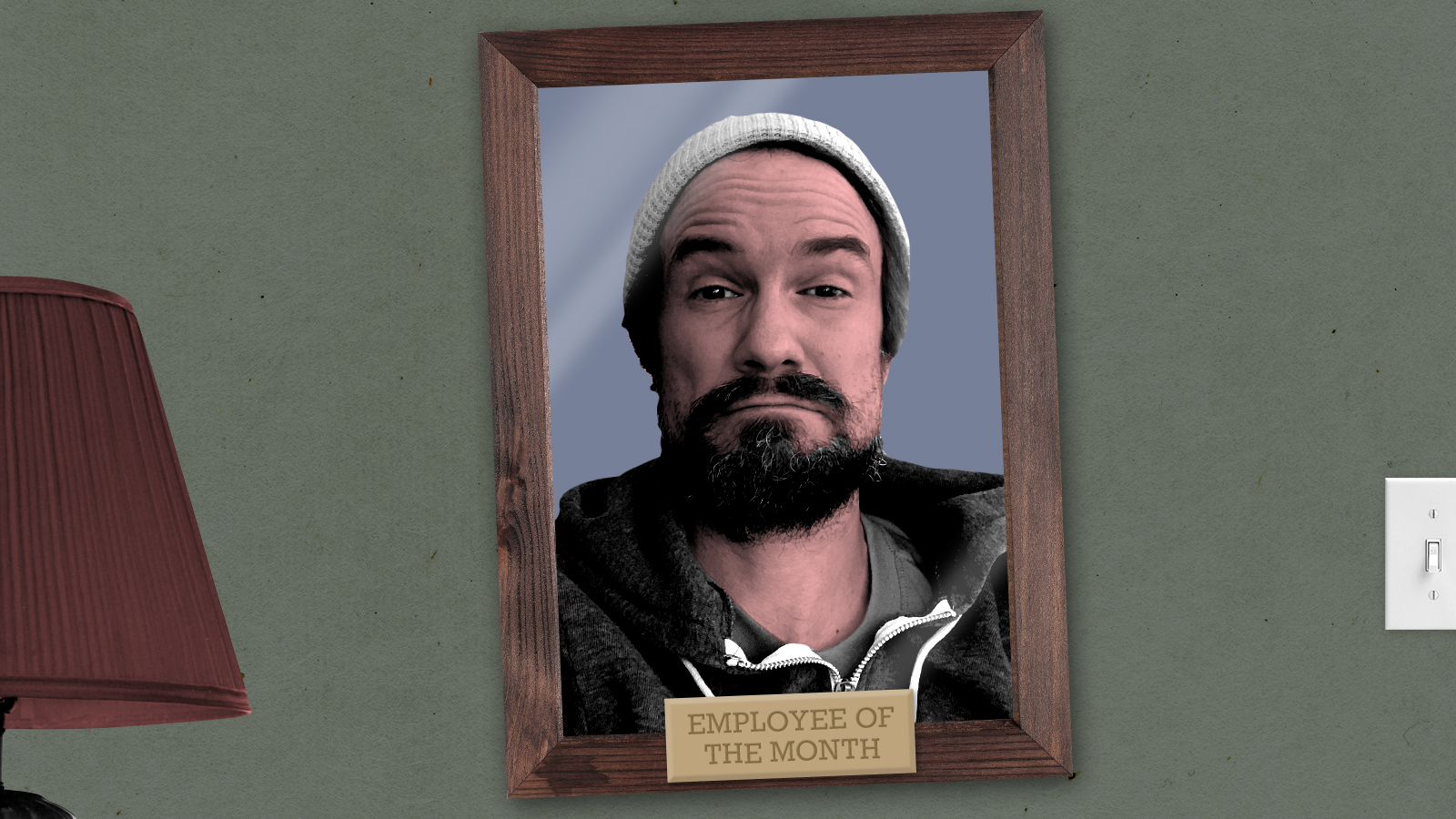
A free daily email with the biggest news stories of the day – and the best features from TheWeek.com
You are now subscribed
Your newsletter sign-up was successful
Earlier this week, I received a long-awaited shipment from my tailor: a new suit and a sportcoat, perfect for a busy calendar of teaching and speaking. But as I opened the box and unwrapped the garments, I couldn't avoid a nagging question. With school schedules and in-person classes in flux for weeks and possibly longer, why do I need these things? For long days of wrangling small children between Zoom sessions, surely sweatshirts and jeans are more practical than flannel and tweed.
I'm not the only one with doubts. Although sales picked up during last summer's lull, retailers and suppliers of formal clothing have been hit hard by COVID. With more office work being done remotely, there's less incentive to make an effort — even from the waist up. And standards were changing even before videoconferences replaced board rooms. In 2019, the investment bank Goldman Sachs, a bastion of sartorial conservatism, abandoned its suit and tie requirements in favor of casual looks that identify the current generation of financiers as powerfully as Gordon Gekko's power suits.
The apparently irresistible rise of the slob is hardly our most important problem. Compared with the continuing pandemic, massive crime wave, inflation, and international competition, it's not even a problem at all. Still, I'm convinced that the degeneration of dress contributes to the malaise that currently grips American life — or at least its professional classes. Looking like we just rolled out of bed makes us feel as if we're still sleeping. And that's bad for work, study, and social health in general.
The Week
Escape your echo chamber. Get the facts behind the news, plus analysis from multiple perspectives.

Sign up for The Week's Free Newsletters
From our morning news briefing to a weekly Good News Newsletter, get the best of The Week delivered directly to your inbox.
From our morning news briefing to a weekly Good News Newsletter, get the best of The Week delivered directly to your inbox.
There's some scholarship to support that conclusion. Over the last decade, a series of studies found people think better when they dress up. In one analysis, researchers argued that changing into formal clothes improved subjects' results on cognitive tests. Contrary to stereotypes of the slovenly genius, in other words, wearing a tie makes you smarter.
Other studies emphasized social influences. People tend to respond favorably to high expectations for success. And in many situations, those expectations are associated with being well-dressed. In a different experiment, participants wearing formal clothes got better deals when negotiating with those who were casually dressed. The researchers speculate that this effect had to do with clothing's power as a symbol of status.
I've noticed similar results in students. When they dress up for class, whether because they're on their way to internships or just on a whim, they sit up straighter, pay closer attention, and are even more careful in their speech. The effect when they show up in pajamas is the opposite. Then they literally struggle to stay awake (and not just in early morning classes).
But anecdotes are not rigorously collected evidence, and the authority of research in social psychology is, to put it charitably, dubious. If I'm honest, my main objection to relentless casualization is aesthetic. Loungewear, athleisure, and even the chinos and polos uniforms of many businesses are just another form of ugliness in a world that's quite ugly enough.
A free daily email with the biggest news stories of the day – and the best features from TheWeek.com
Believe me, I know the objections. Tailored clothing made from natural materials can be expensive and delicate. Like the institutions in which it developed, older and more formal styles of dress are bound up with class, race, and gender in ways some people find burdensome, offensive, or both. And under present conditions, the prospect of doing more than the bare minimum can seem overwhelming. When you're staring at a screen for most of the day, there's less incentive even to wash.
But the habits we cultivate during this bizarre and indeterminate interlude are likely to stay with us even when it's over. In duration, intensity, and casualty figures, the best historical analogies to the current situation may be disruptions associated with major wars. For the last century, military conflicts have also been associated with aesthetic and social casualization. The first World War swept away the impractical gear and frequent costume changes of the belle eqoque. World War II popularized the chinos, open collars, and t-shirts that remain staples of the modern wardrobe. The Vietnam experience helped legitimize long hair, beards, and other grooming practices once limited to dedicated bohemians.
I'm looking forward to wearing my new jacket next week, even if it's only to film lectures in my own living room. The suit? It may have to wait in the closet for a while. But even if it's futile, I'm inclined to make a symbolic protest against a future in which businesspeople turn up for meetings in gym shorts and lawyers argue their cases in sneakers. The truth, though, is that future is already here.
Samuel Goldman is a national correspondent at TheWeek.com. He is also an associate professor of political science at George Washington University, where he is executive director of the John L. Loeb, Jr. Institute for Religious Freedom and director of the Politics & Values Program. He received his Ph.D. from Harvard and was a postdoctoral fellow in Religion, Ethics, & Politics at Princeton University. His books include God's Country: Christian Zionism in America (University of Pennsylvania Press, 2018) and After Nationalism (University of Pennsylvania Press, 2021). In addition to academic research, Goldman's writing has appeared in The New York Times, The Wall Street Journal, and many other publications.
-
 The President’s Cake: ‘sweet tragedy’ about a little girl on a baking mission in Iraq
The President’s Cake: ‘sweet tragedy’ about a little girl on a baking mission in IraqThe Week Recommends Charming debut from Hasan Hadi is filled with ‘vivid characters’
-
 Kia EV4: a ‘terrifically comfy’ electric car
Kia EV4: a ‘terrifically comfy’ electric carThe Week Recommends The family-friendly vehicle has ‘plush seats’ and generous space
-
 Bonfire of the Murdochs: an ‘utterly gripping’ book
Bonfire of the Murdochs: an ‘utterly gripping’ bookThe Week Recommends Gabriel Sherman examines Rupert Murdoch’s ‘war of succession’ over his media empire
-
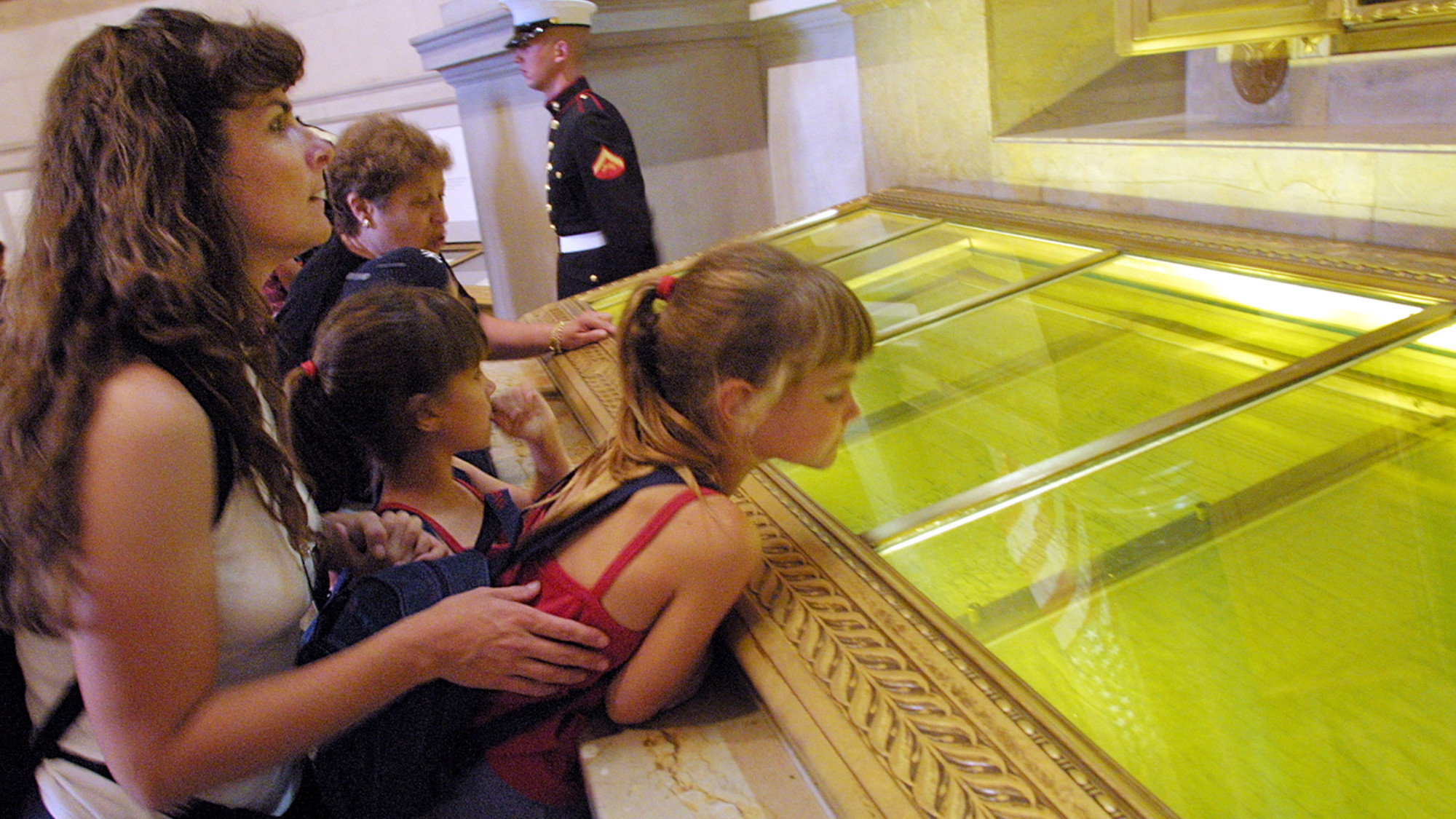 Book reviews: ‘We the People: A History of the U.S. Constitution’ and ‘Will There Ever Be Another You’
Book reviews: ‘We the People: A History of the U.S. Constitution’ and ‘Will There Ever Be Another You’Feature The many attempts to amend the U.S. Constitution and Patricia Lockwood’s struggle with long Covid
-
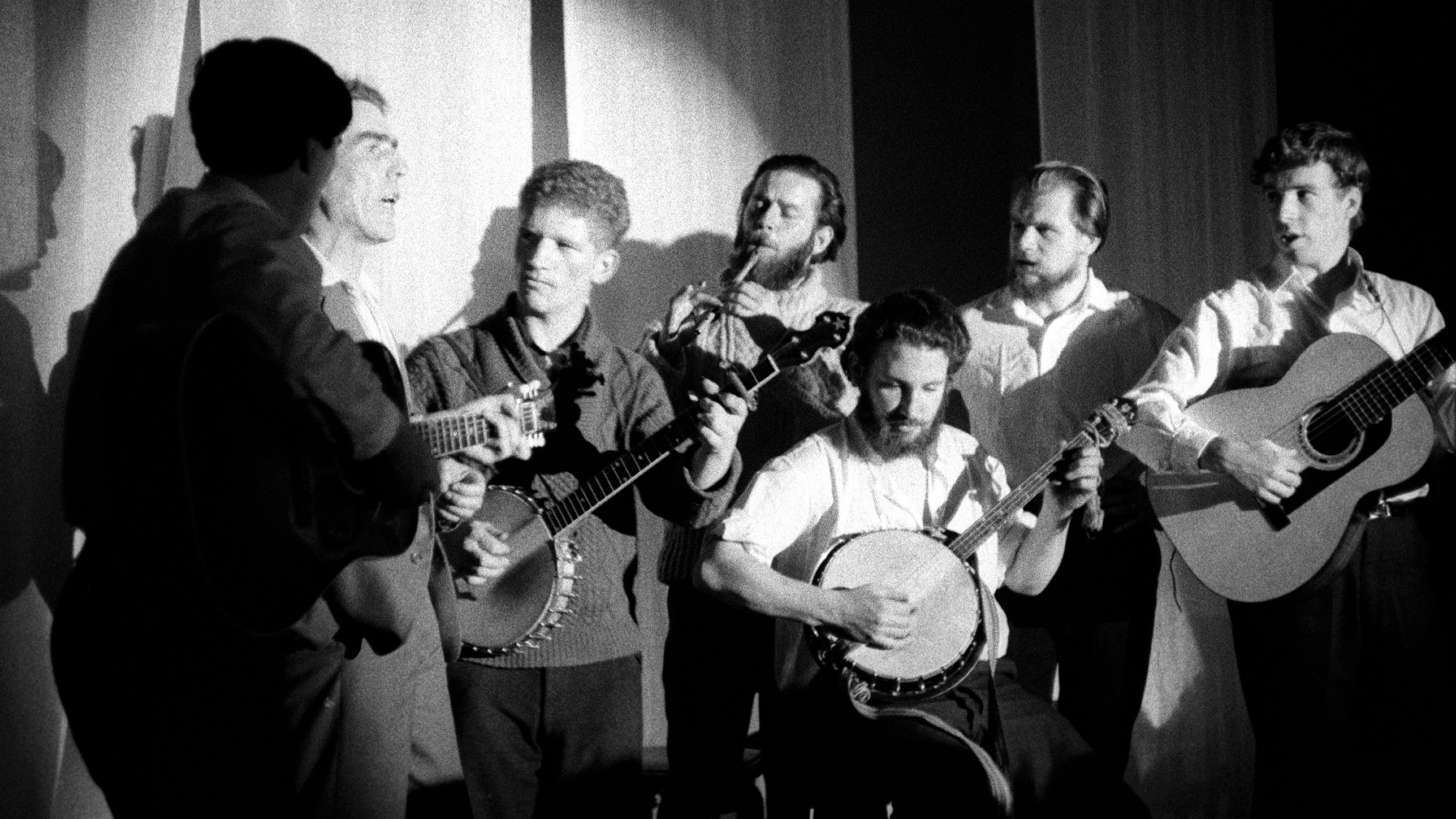 Why Irish traditional music is having a moment
Why Irish traditional music is having a momentIn The Spotlight Frustrations with isolation and technology credited for reviving 'auld' trad tunes
-
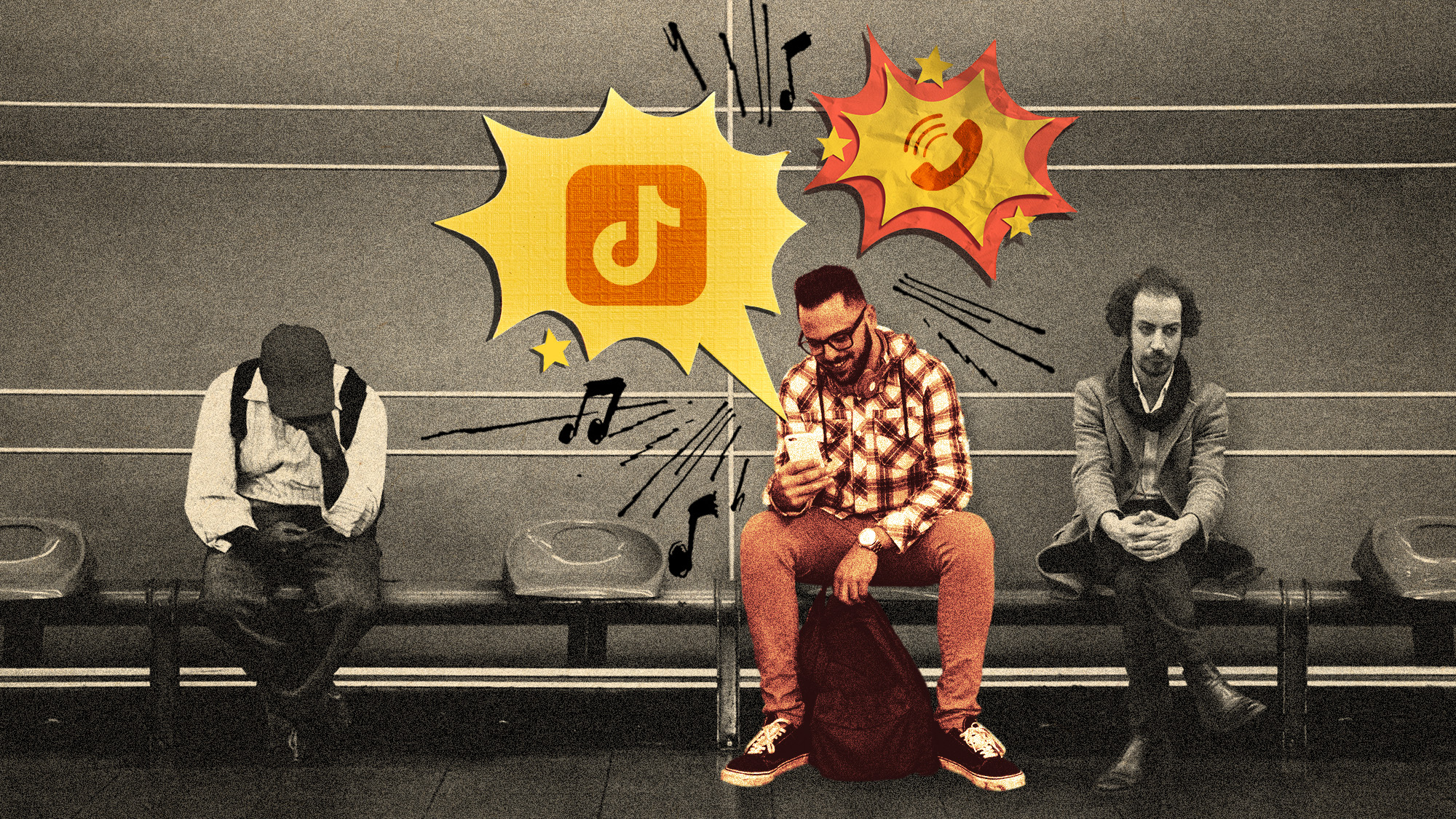 A not-so-quiet place: Why is no one using headphones in public anymore?
A not-so-quiet place: Why is no one using headphones in public anymore?Under the Radar People are increasingly comfortable with both speakerphone and watching videos (very) out loud
-
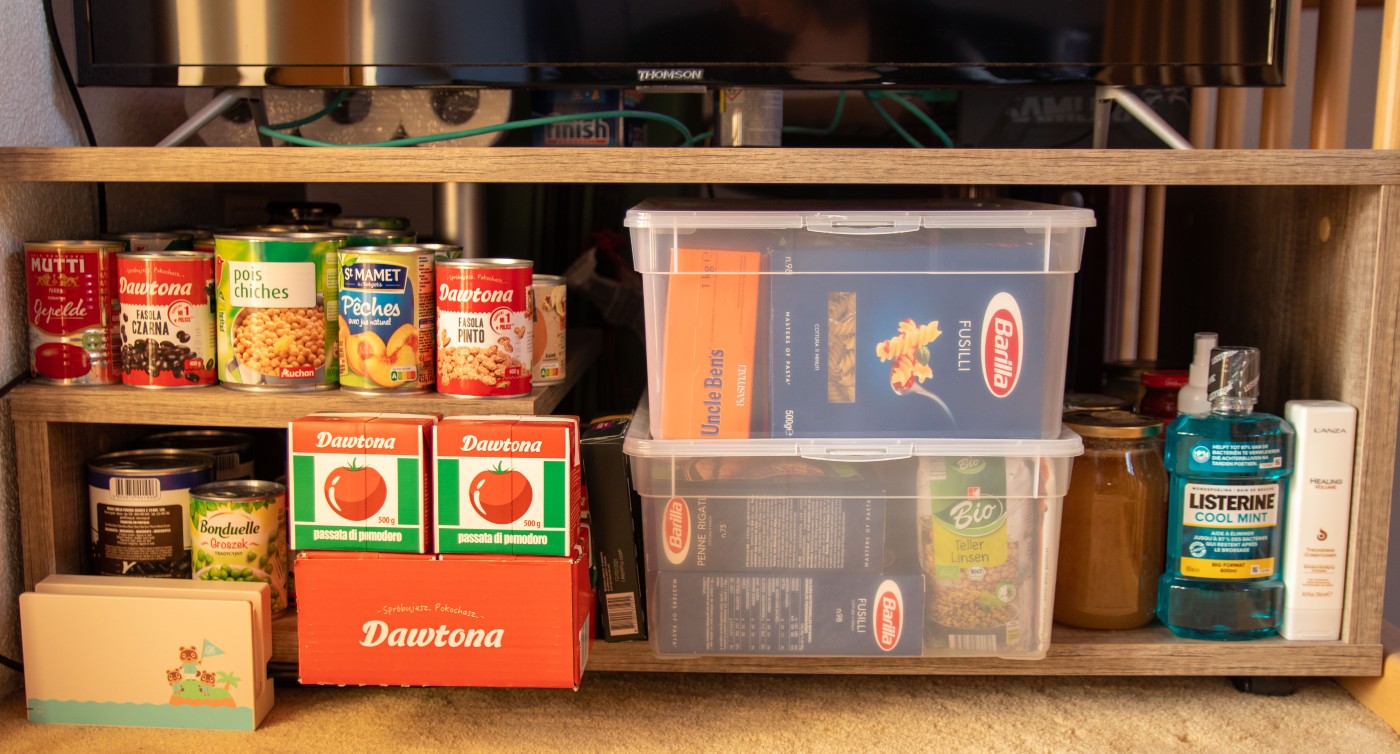 Gas masks and loo rolls: why 'preppers' are on the rise
Gas masks and loo rolls: why 'preppers' are on the riseUnder The Radar Doomsday community has expanded from 'Rambo wannabes' to 'Tesco regulars'
-
 Breathtaking: the Covid drama that may make you scream
Breathtaking: the Covid drama that may make you screamThe Week Recommends ITV three-parter is a 'tour de force' that exposes 'political complacency'
-
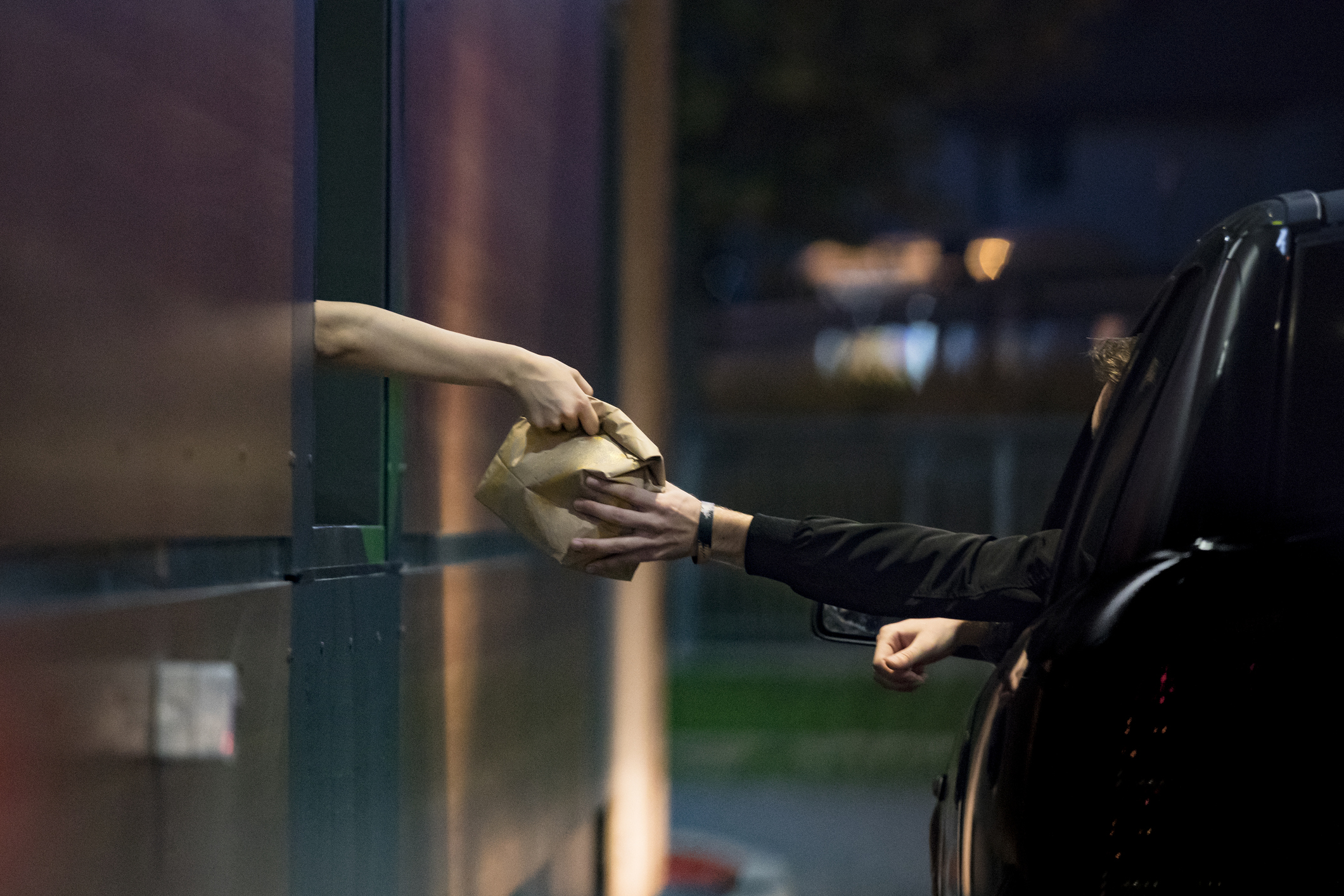 The lasting changes of the post-pandemic dining era
The lasting changes of the post-pandemic dining eraThe Explainer The newest of new normals
-
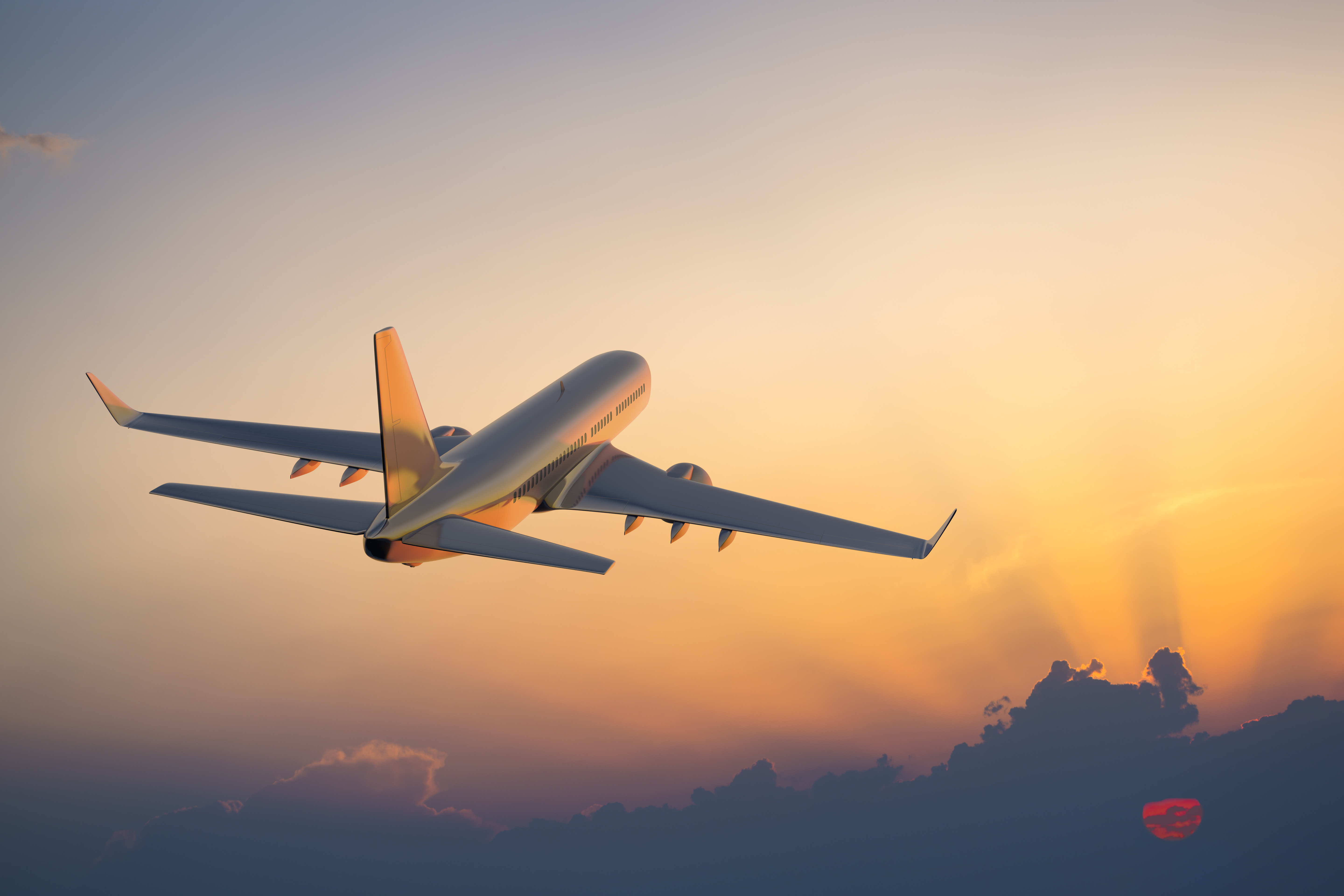 How revenge travel is impacting the aviation and tourism industries
How revenge travel is impacting the aviation and tourism industriesTalking Point The surge in travel is a far cry from the previous pandemic years during which travel took a hit
-
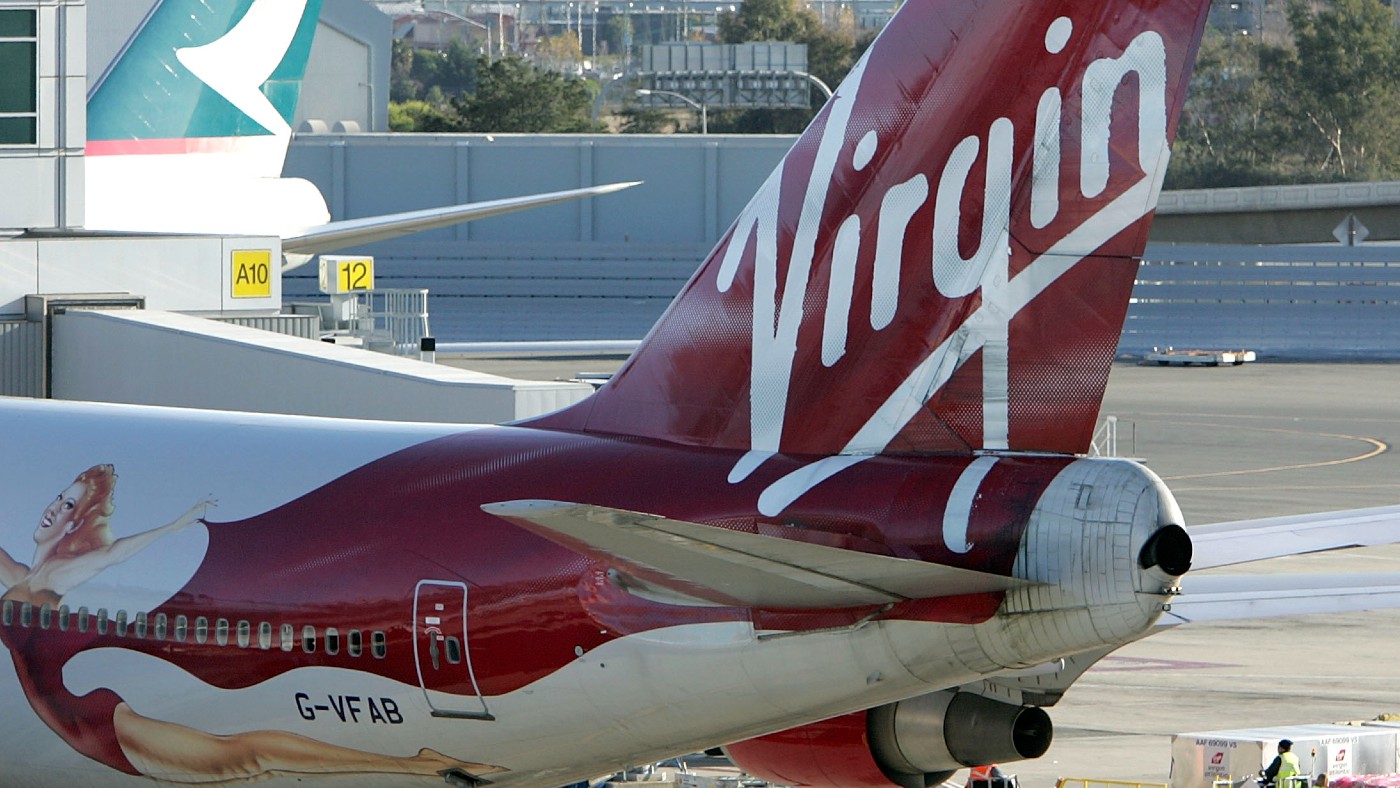 Virgin Atlantic fined for violating Iraqi airspace
Virgin Atlantic fined for violating Iraqi airspaceSpeed Read Airline said the incursions were accidental and caused by the Covid-19 pandemic
